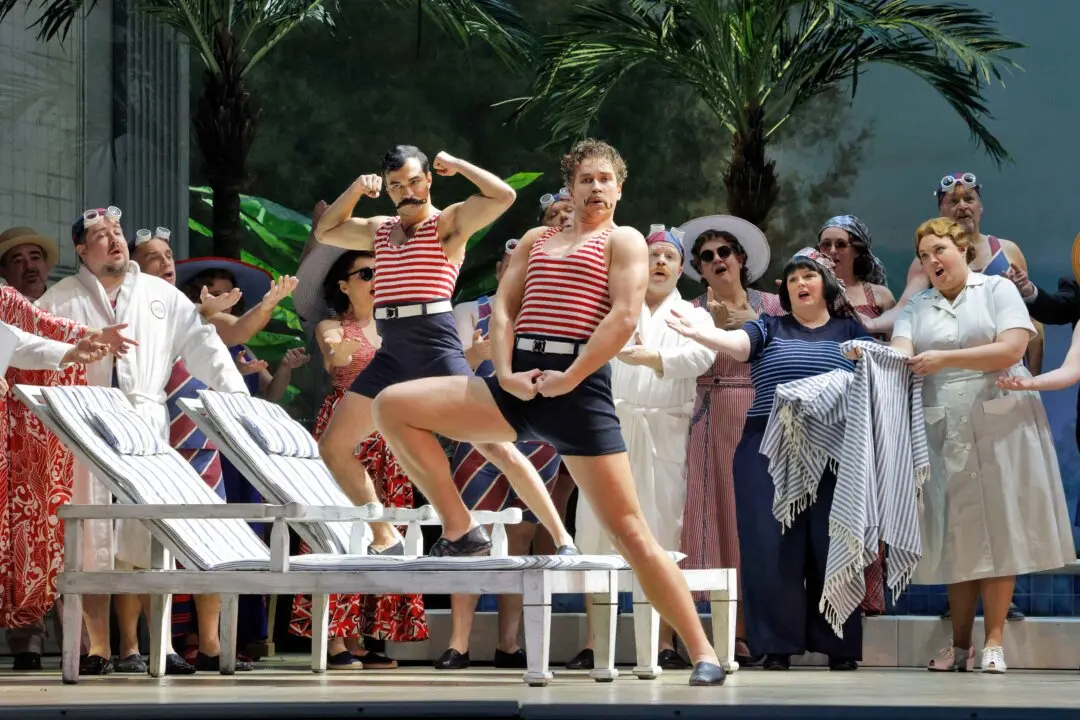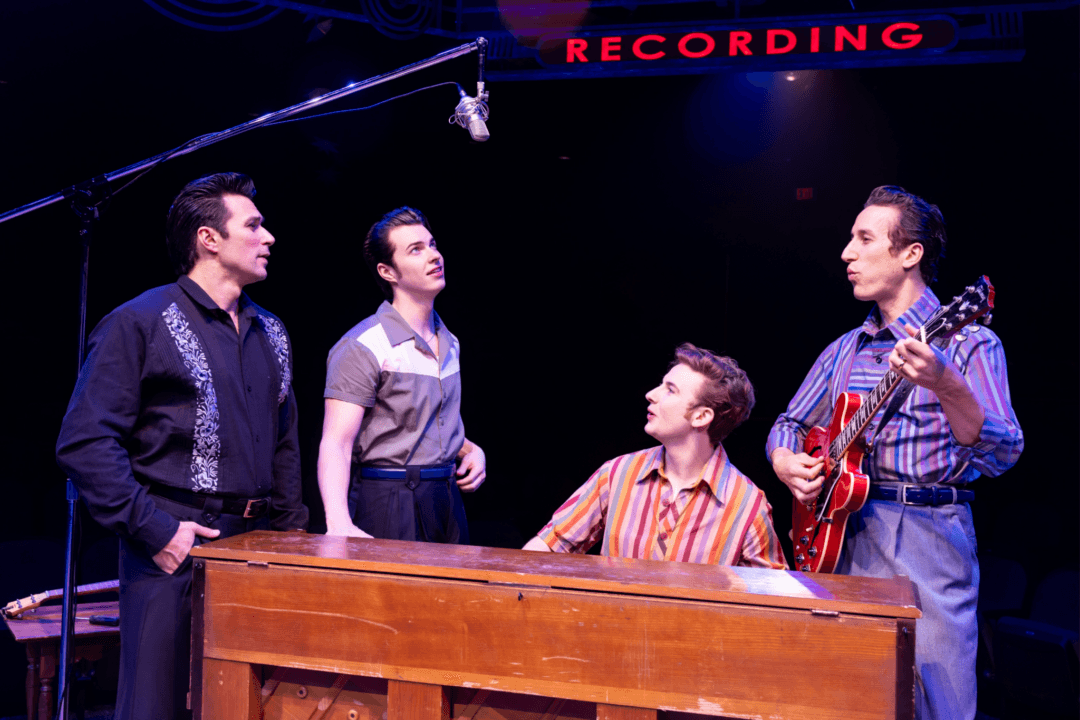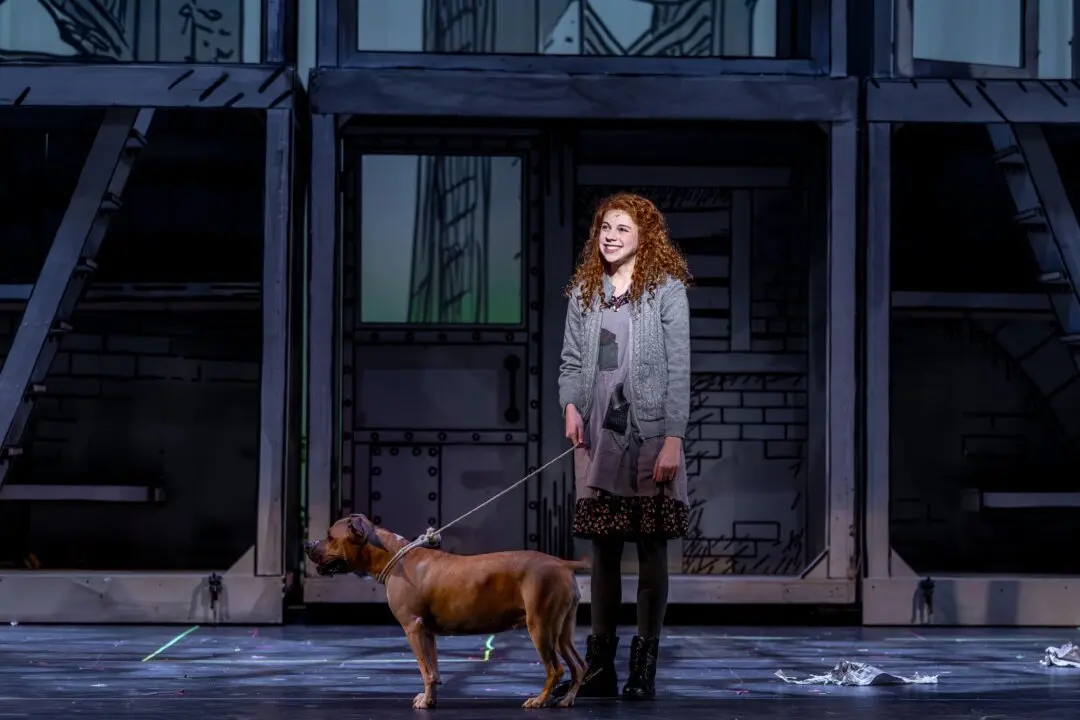CHICAGO—After 37 years as artistic director of the Chicago Shakespeare Theater, Barbara Gaines has directed all of Shakespeare’s 28 plays. She is now retiring, but her last production is not one of the Bard’s tragedies or histories, but a laugh-out-loud farce.
In her good-bye production, Gaines is revisiting “The Comedy of Errors,” which she directed 15 years ago. This time, though, she has added even more mischief to Shakespeare’s late-16th-century comedy. She has revived it as a play within a play, adding a more modern frame to Shakespeare’s work.




